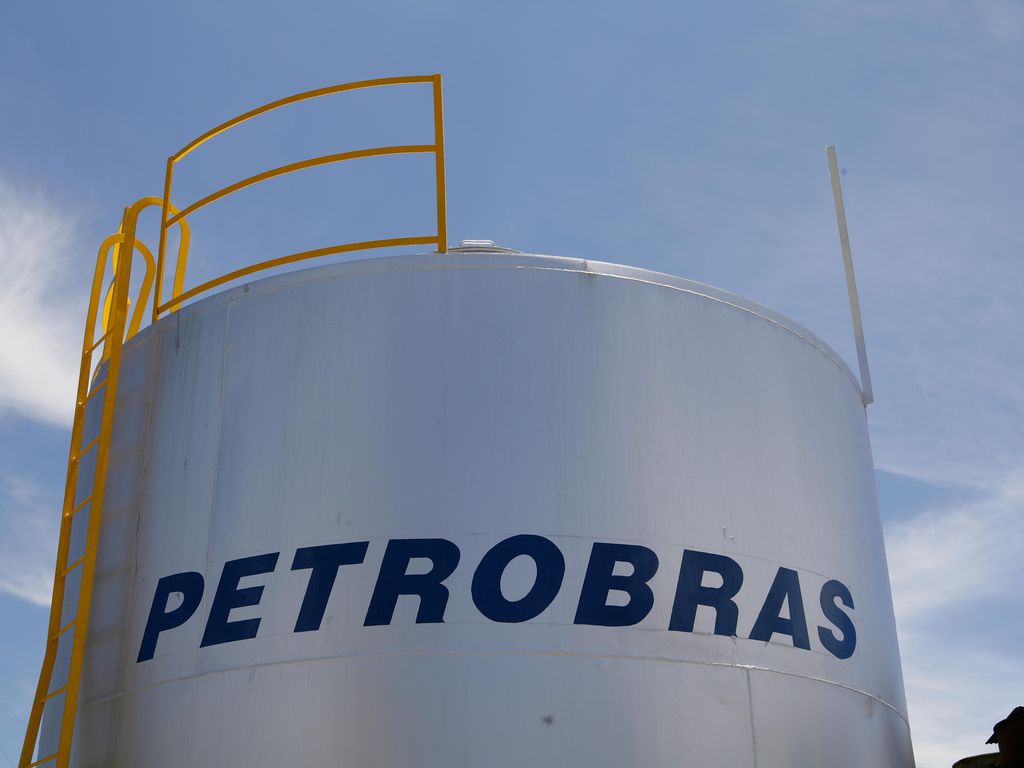Brazil’s state-controlled oil and gas giant Petrobras is waiting for a response to its request to Brazil’s antitrust regulator Cade for more time to sell its refineries and comply with an agreement it signed with the body in 2019.
The request was made in 2022 and received the support of the antitrust regulator’s General Superintendence in December. Now, the request needs to be analyzed by Cade’s court.
The agreement signed with Cade in 2019 imposed the sale of eight of Petrobras’s 13 refineries as a way to end an investigation into anticompetitive conduct in the refining sector. Petrobras originally had two years to comply with the agreement, but the company has been asking for extensions since 2020.
In communiqués to investors in the last few years, Petrobras disclosed its plans to sell refineries in the South, Southeast, Northeast, and North regions of the country — which accounted for roughly half of the company’s processing capacity — while maintaining control only over its units in the states of São Paulo and Rio de Janeiro.
Since then, Petrobras has concluded the sale of three units, is waiting for Cade’s final word on another, and has started the non-binding process for the sale of a further three refineries. But only one of the sold refineries was actually transferred to the new owner — the Mataripe Refinery, in Bahia, sold to the Mubadala fund and today operated by Acelen — as all the sales must go through antitrust clearance.
The company’s plans may now change under the third term of President Luiz Inácio Lula da Silva, as the new government is not in favor of reducing Petrobras’s participation in the refining sector. Only the return of the state-owned company to refining would help the new government have a greater influence over fuel production and, therefore, over prices.
During the post-election transition period last year, the Workers’ Party discussed the possibility of Petrobras suspending its divestment plans. Still, the company has its own governance rules, and, at the time, the matter was nothing more than a request.
Jean Paul Prates, the new CEO of the company appointed by Lula, has already spoken about his intentions for Petrobras to invest in refining and biofuels again. He has also admitted that he is willing to review Petrobras’ pricing policy — not to end the peg with international rates, but to find a way to delay and smooth out the impact of price increases on consumers’ pockets.
Petrobras told The Brazilian Report that its new management team “is evaluating the status of the commitments established with Cade” and that “any change in the company’s strategy will follow the appropriate governance instances.”
Cade, on the other hand, said it does not comment on cases in progress and has yet to say when its court will decide on Petrobras’ request.


 Search
Search






































